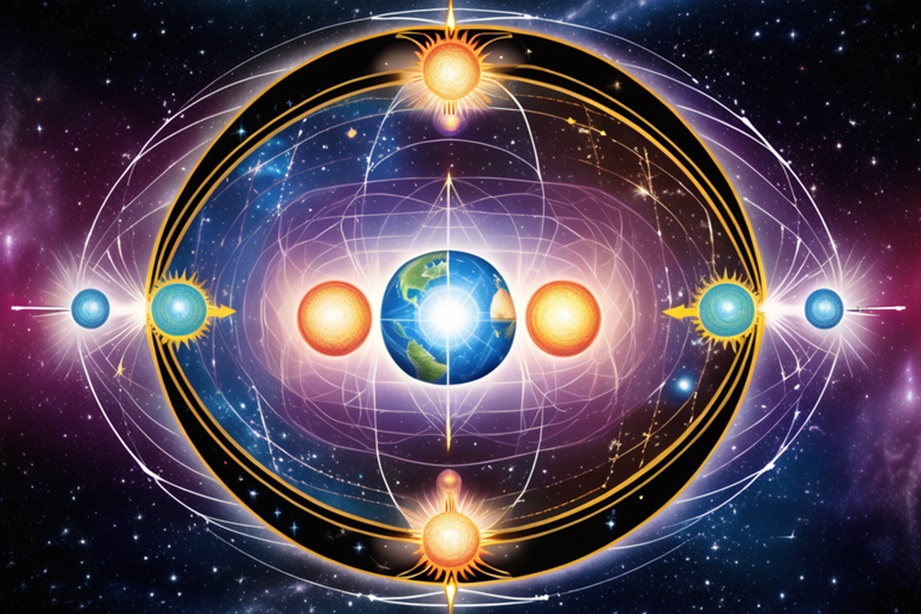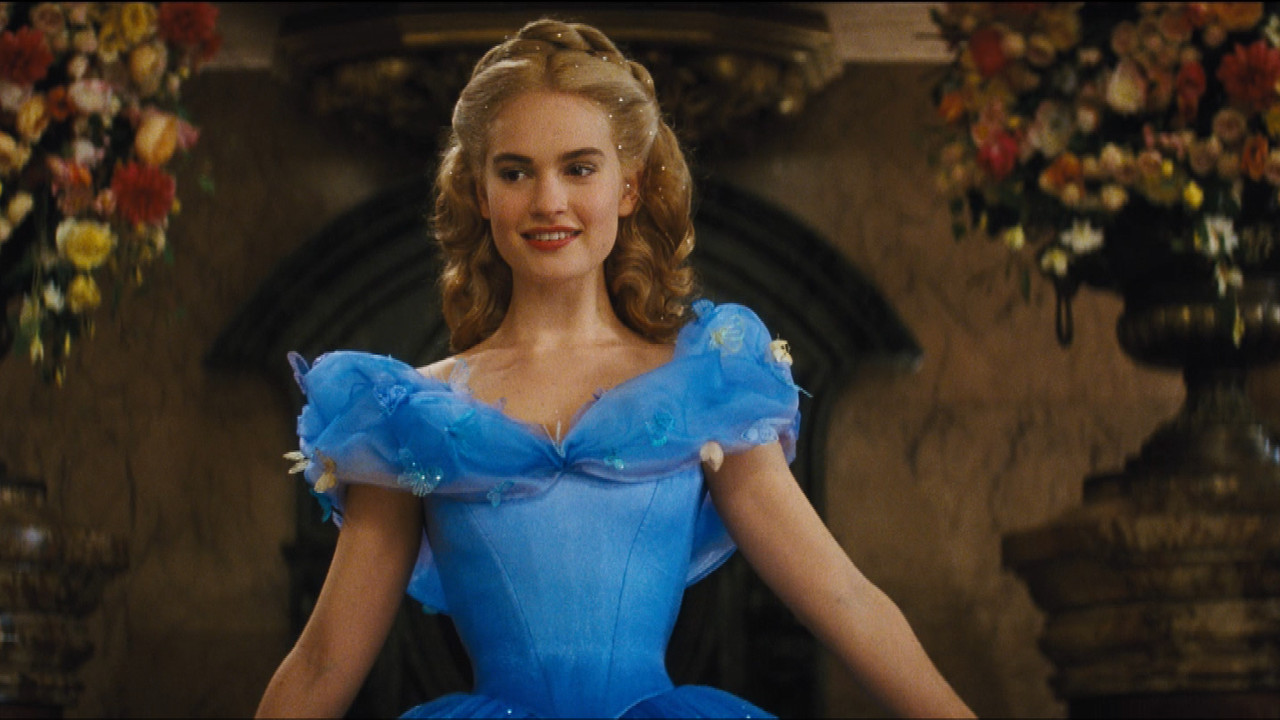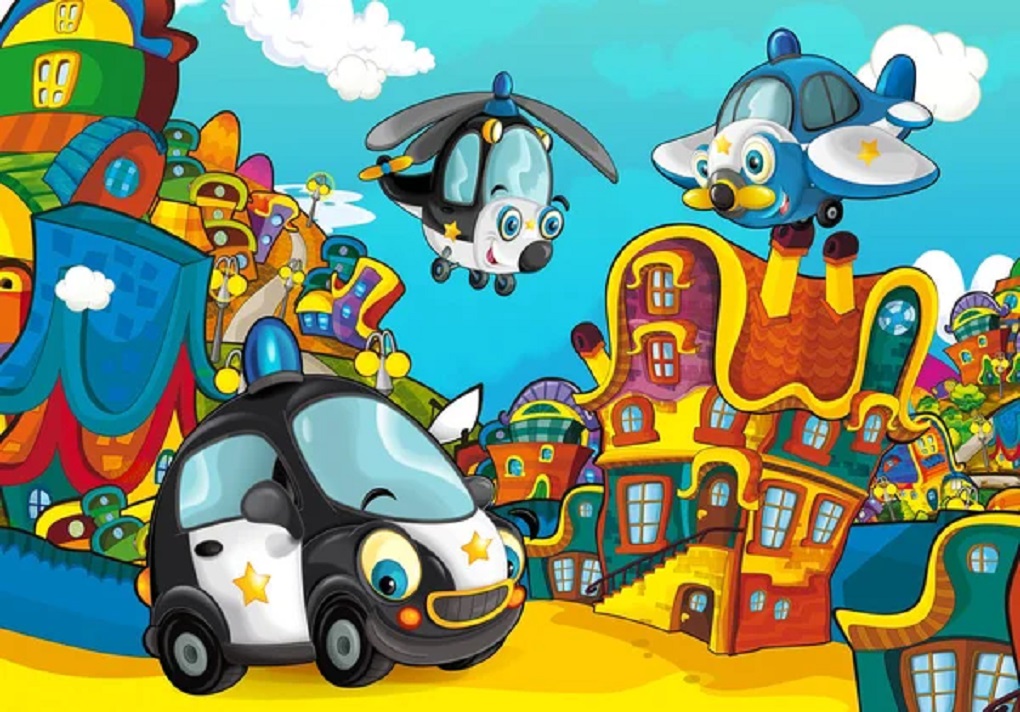Society facilitates us in ‘living as a continuity’, which is the worst possible thing for us. It doesn’t seem like ‘the worst possible thing for us’ (it actually seems that the best possible thing) but it is. There is a ‘fault’ in our thinking that prevents us from seeing things clearly. We’re ‘seeing through a glass darkly’…
Our way of thinking tells us that ‘extending the continuity of how we understand ourselves and the world’ is the best thing ever, the ultimate goal – the supreme goal. We have even formalised our understanding of ‘Heaven’ or ‘Paradise’ by saying that it is when the continuity of ‘who we think we are’ can extend forever, without any breaks, without there ever being any threat of a break. As far as we’re concerned, there can be no more wonderful state of affairs than this! Mankind has fantasised about this possibility for thousands upon thousands of years. We’re hypnotized by it just as moths are hypnotized by a candle flame. We simply cannot think of anything better than this.
Thought can’t understand anything apart from the continuity (of logic) and this means that it can’t actually understand the continuity! There’s no way to understand the continuity on the basis of the continuity, and – what’s more – there’s no way to understand anything else on the basis of the continuity either! This is the same as saying that ‘the only way to understand a thing is in terms of something else, something that isn’t that thing’. Or, as we also could say, there’s no way to know ‘who we are’ until we can somehow step outside of the assumptions that we have made about ourselves.
Contrariwise therefore, if we can’t do this, if we can’t get this independent viewpoint, then we won’t ever be able to understand anything. If we can’t step outside of our own assumptions – the assumptions we make about ourselves and the world we live in – then we will never know anything at all. All we will ever know is ‘the continuity’ and as we have just said, we won’t even know that because we would have to get outside it to see it for what it is. There are all sorts of things we think we can understand – there’s no end of things we think we can understand – but none of them are worth a damn really because we can’t understand what we think we understand unless we step outside (so to speak) the assumptions we make about the world.
What we are actually saying here is that we never have any perspective on anything and that’s what makes everything seem the way that it does seem. That’s what makes everything seem so comfortable, so normal, so familiar; that’s what makes the continuity into the continuity! If we were to look at our lives from outside of our normal viewpoint then what we would see would change so much as to be completely unrecognisable. It wouldn’t be just ‘a bit different’, it would be totally different. This is rather like carrying something around with you the whole time because you think that is useful, because you think that it’s absolutely necessary, and then one day you look at it and you realise that it’s not actually useful to you, that you don’t actually need it at all. The whole time you thought you had to have it in order to live your life but you don’t – actually it was just holding you back…
This is exactly what the continuity is like – it’s just that something that we bring around with us wherever we go out of sheer force of habit. We can’t imagine any other way of doing things; we don’t even know that we are bringing it around with us – it’s invisible to us. It’s our ‘invisible basis for seeing the world’. For this reason therefore we don’t just ‘adapt a little bit’ to the logical continuum, we adapt totally, we adapt 100% so that there really isn’t anything else for us apart from it. The logical continuum tells us who we are and what a life is all about, what we are interested in and what we aren’t interested in, and so on. It creates our world for us. And yet as soon as we look at it ‘from the outside’, so to speak’ (i.e. not in the way that it itself gives us to look at things) then all of that is revealed as ‘not really having anything to do with us.’ It’s not ‘useful’, It’s not ‘necessary’, it’s not ‘essential’ – it’s just a thing we drag around with us.
Is the logical continuity ‘friend’ or ‘foe’, therefore? From one point of view it’s our friend, because it is providing us with everything, as we have said, but from another point of view it isn’t our friend because by providing us with ‘everything’ it has completely side-lined us! It has cut us off from life as life really is. From the point of view of our adapted lives when we are caught up in the continuity of logic then the discontinuity (i.e. the break in continuity) is ‘the most terrible thing ever’. We can’t actually know what it is of course, but we do all the same know that it spells very bad news as far as our ‘life in the continuity’ goes! It’s the worst possible news from this point of view – it is after all ‘the end of the continuity’! The only thing here being – of course – that the point of view of the continuity doesn’t really matter at all in the bigger scheme of things. It only ‘sells itself’ to us as ‘mattering’; that’s its take, that’s its ‘version of things’. According to the continuity, it is absolutely indispensible to us so of course we don’t want to see it coming to an end…
Time spent in the continuity isn’t our life at all however – it’s just ‘a simulation’. It’s not actually anyone’s life, it’s just an endlessly self perpetuating ‘conveyor belt’ leading nowhere in a hurry! One way of describing this ‘conveyor about’ is to say that it functions by constantly promising us life, but always with some proviso, always with some condition that has to be met first. This is something that Alan Watts talks about a lot – ‘it’ (i.e. the ‘great thing’) is always coming but it’s never actually here’! Fulfilling the conditions that the logical continuum requires of us (before we can finally get to ‘live life’) means continuing forward on the conveyor belt – we always have to move onto the next stage, and the next, and the next stage after that. Only the continuum can provide us what we want, so we have to stick with it no matter what!
At each stage we are lured on by the promise of the life that awaits us (just as we are coerced or compelled from behind by the terrible threat of ‘having no life’) and yet nothing ever really changes, nothing ever actually happens. This – then – is what ‘life on the conveyor belt’ (or ‘life in the logical continuum’) is all about and – very clearly – this isn’t any kind of life at all. And all the time there is the unspoken fear of the discontinuity, that terrible thing that threatens the whole set-up (and yet which we have no way of understanding properly since to understand it we would first have to ‘see through’ the continuity, and if we did this then we would of course no longer be afraid of losing it). We might say – a psychotherapist might say – that we are ‘afraid of death’, but really we are ‘afraid of the discontinuity’. We are afraid of the discontinuity because it won’t just bring ‘life on the conveyor belt’ to an end, it will show it up as ‘having never existed in the first place’.
The discontinuity is our real life, as we realise when we become free from our deadening addiction to the continuum of logic. This is where life is actually to be found, not anywhere else, not at the end of any ‘logical road or pathway’! The discontinuity is ‘aliveness’, not anything else, and this isn’t ‘aliveness’ in the sense of the ongoing titillation of feeling that ‘something good is going to happen’ (or, contrariwise, not in the sense of the ongoing anxiety of thinking that ‘something bad is about to happen’). Aliveness isn’t to be found in the simulation, in other words – simulated life isn’t life but rather the very antithesis of it.
As we said earlier, our notion of Heaven or Paradise is of an unbroken, unthreatened, everlasting continuity of ‘who we currently understand ourselves to be’; this, as we have said, is widely seen as ‘the best possible thing’. Society offers us a version of that fantasy – the greater our technological control becomes the closer we are able to approximate this ideal of ‘self-perpetuation’. The greater our technological powers the less risk or danger there is of anything ‘unprogrammed’ ever happening to disrupt or break the continuum of thought. We’ve already achieved this in the more technologically advanced parts of the world and we seem unable to see that far from being ‘the greatest thing’, what we have achieved here is a calamity beyond our ability to understand! It’s our ‘long sought-after goal’ to be sure, it’s ‘humanity’s dream’ without a doubt, but it’s also the worst disaster that we could ever possibly have engineered for ourselves…
Art: Jacques Villegle. 122 rue du Temple. 1968






